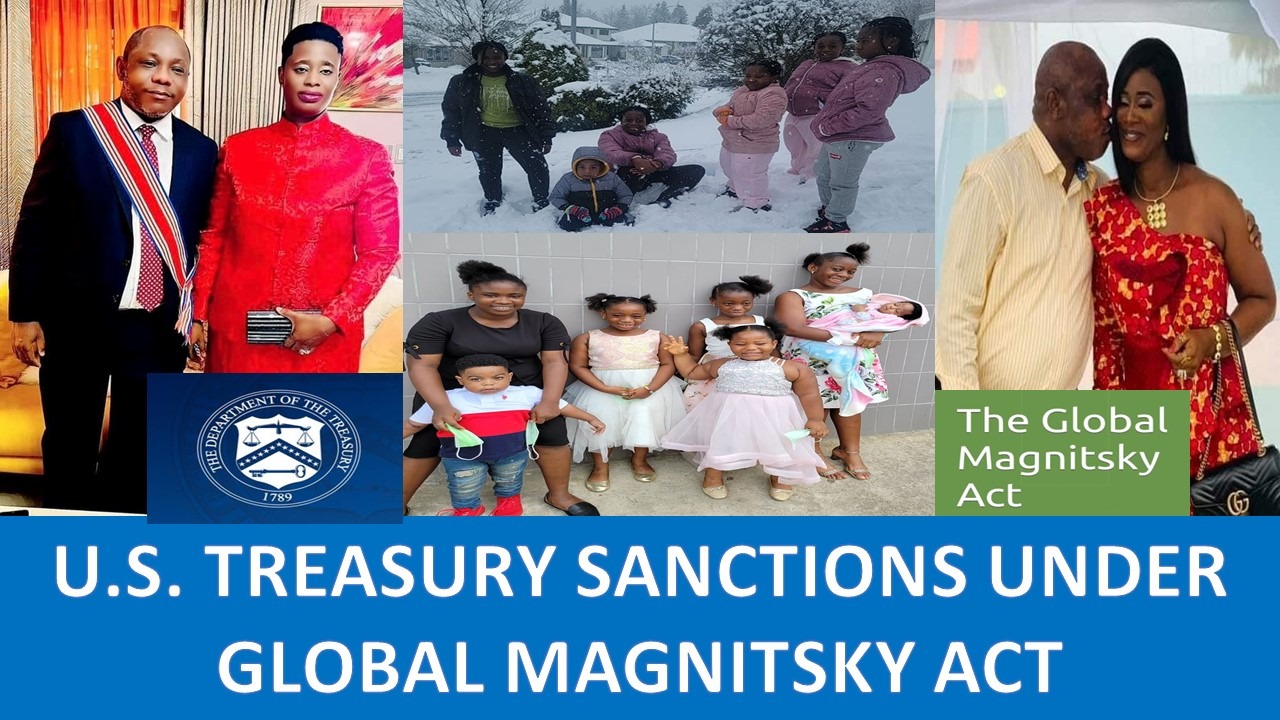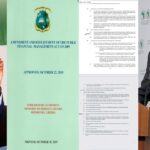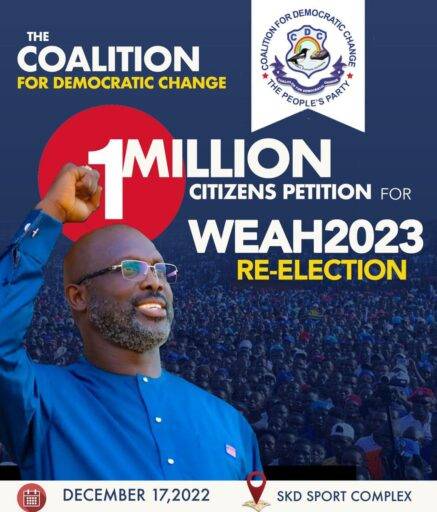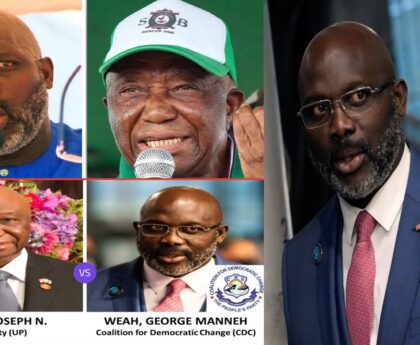In a bold and defiant move, Finance Minister Samuel Tweah has spoken out against the recent visa restrictions imposed on him by the United States government. Terming the sanctions as a calculated strategy to divert attention from the opposition activities of the Coalition for Democratic Change (CDC), Minister Tweah vehemently denied any wrongdoing and asserted that the allegations were a deliberate attempt to tarnish the reputation of the CDC.
The sanctions against Minister Tweah, announced recently, are believed to be linked to his alleged favoritism toward the Accelor Mittal Company over the American company HPX. According to Minister Tweah, the controversy stems from his decision to prevent HPX from accessing a rail route in Liberia, which would have facilitated its investment activities in Guinea. He claims that this move, aimed at protecting the interests of Accelor Mittal, has been misconstrued and exploited to justify the visa restrictions imposed on him.
Speaking at a news conference held on Thursday, December 14, 2023, Minister Tweah vehemently defended himself against the allegations. He stated, “I have never influenced legislative proceedings or any other branch of government nor private sector actors.” Minister Tweah argued that the visa restrictions did not align with the State Department’s foreign policy objectives but were, in fact, orchestrated by influential individuals within the U.S. government with a clear agenda to undermine the CDC.
Minister Tweah’s assertion is grounded in the belief that the visa restrictions are not a reflection of the broader foreign policy stance of the United States but rather the work of a few individuals with vested interests. He claims that these officials are determined to weaken the CDC, which has emerged as a critical political opposition force.
The Finance Minister’s strong words indicate a perceived political motive behind the sanctions, suggesting that they are part of a larger effort to hinder the CDC’s effectiveness as an opposition party. Minister Tweah expressed his disappointment in what he sees as a politically motivated move, emphasizing that he and other officials targeted by the sanctions remain committed to their roles within the CDC.
The situation highlights the complex dynamics between international relations and domestic politics, raising questions about the motivations behind such sanctions. As the government of Liberia navigates this diplomatic challenge, it remains to be seen how this incident will impact the political landscape, both domestically and in relations with the United States. Minister Tweah’s response has set the stage for a potential escalation of tensions between the CDC and the U.S. government, adding a new layer of complexity to Liberia’s political landscape.




